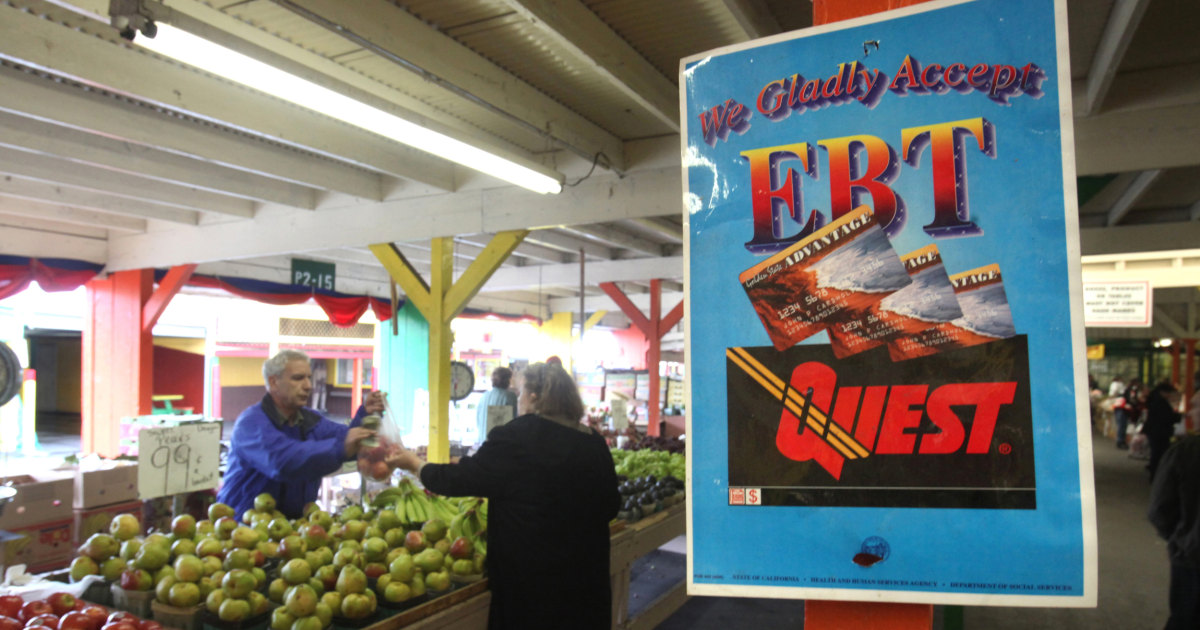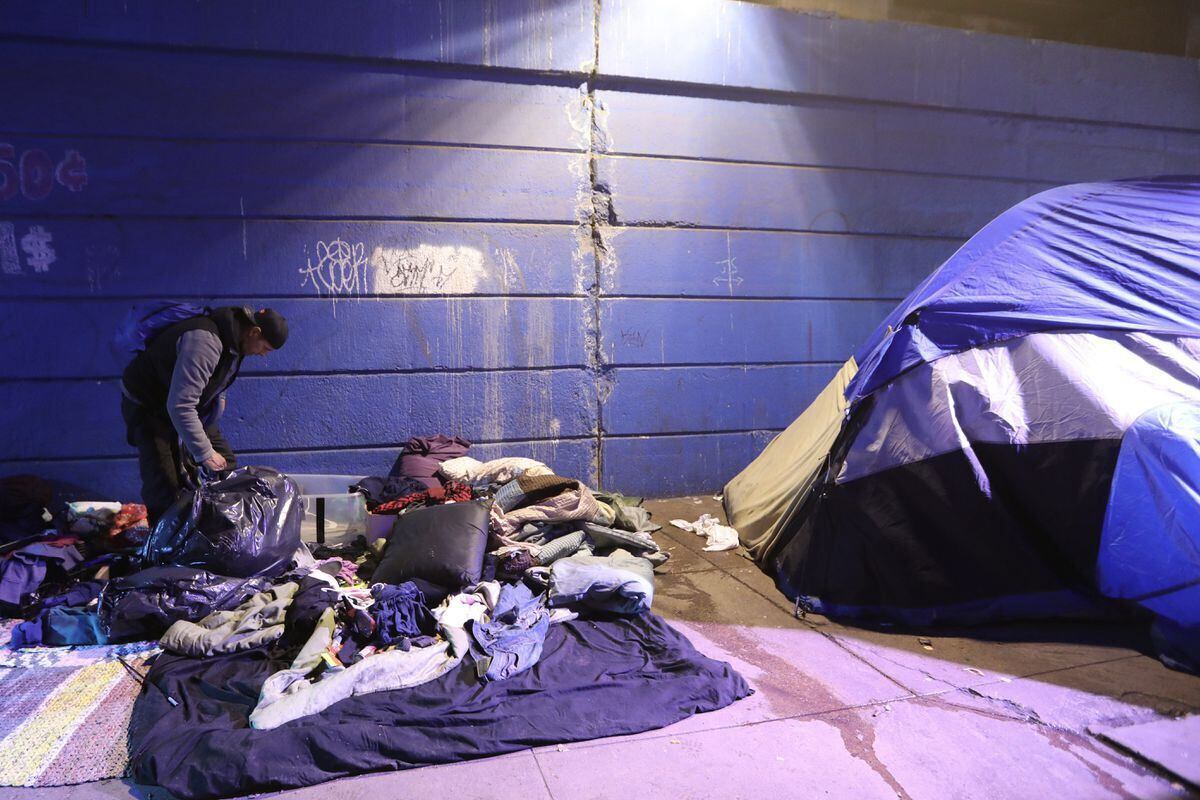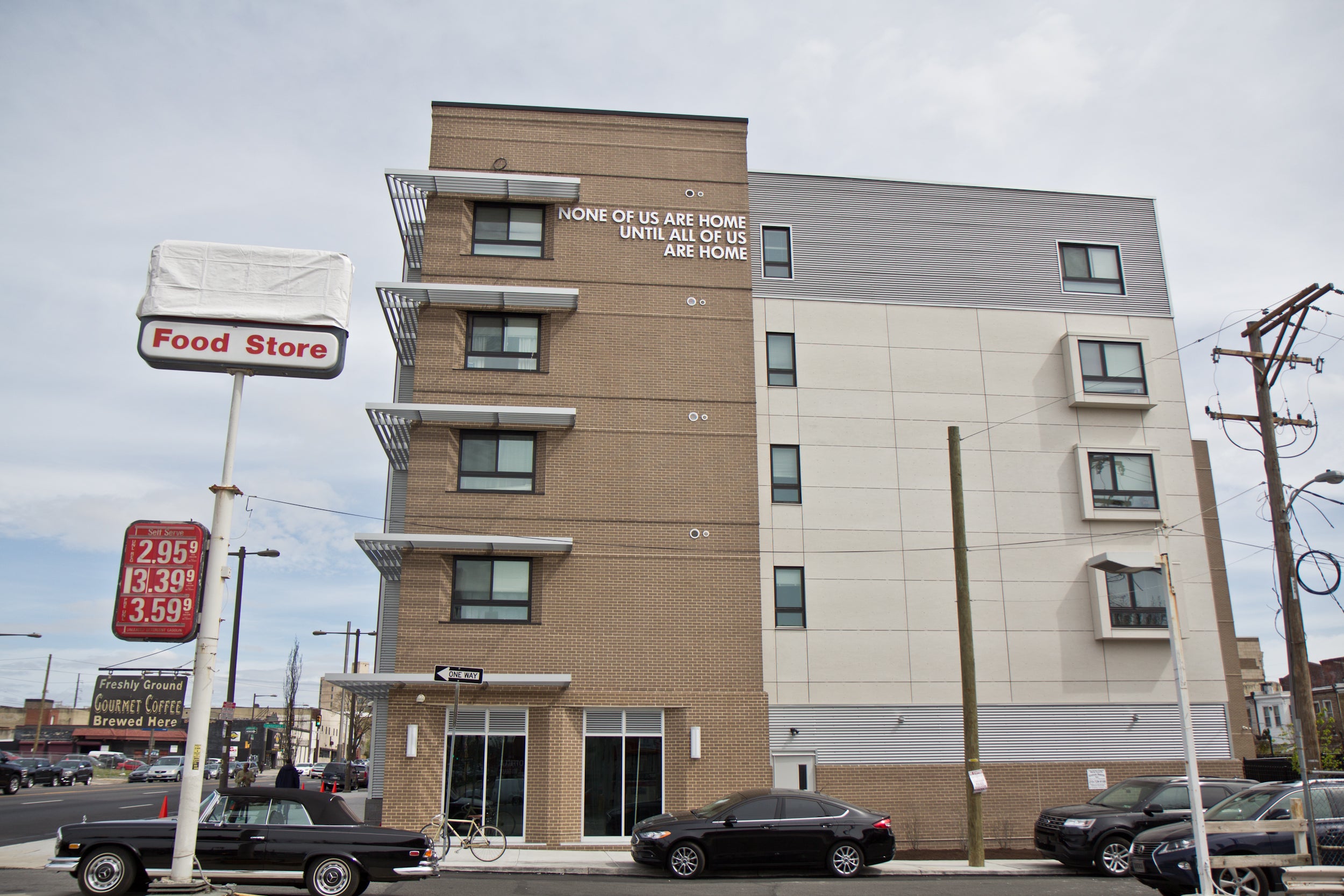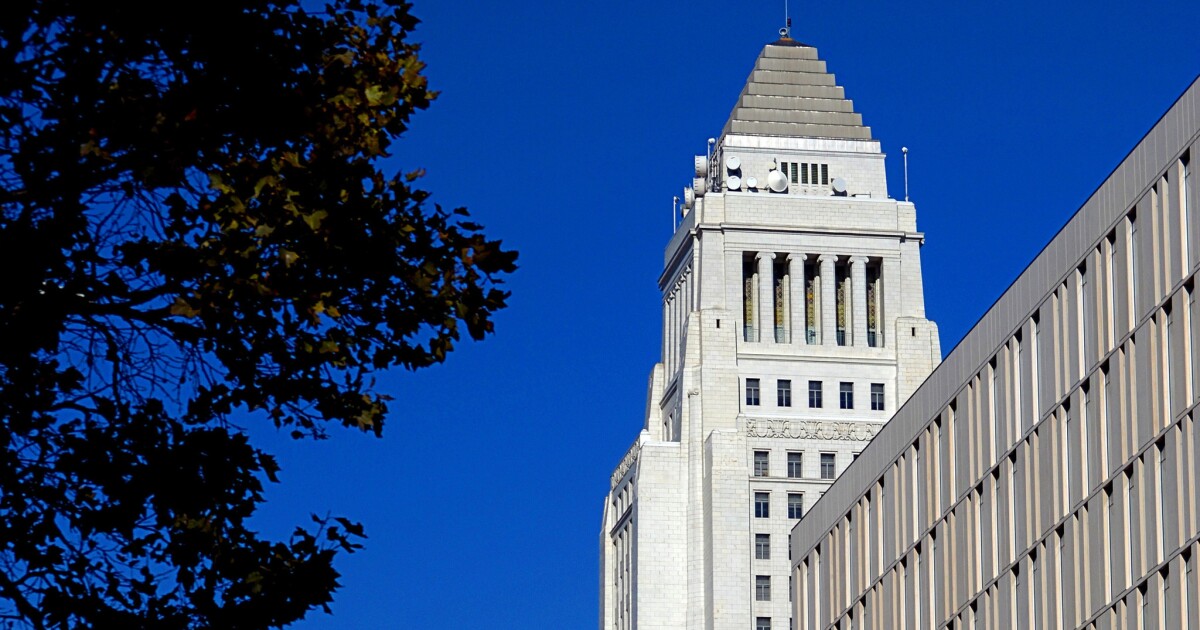In the Empire State, nearly 29% of state revenues went toward Medicaid payments, according to an analysis by the Pew Charitable Trusts.
The bipartisan proposal announced Thursday must still pass the Legislature. The state’s past expansion efforts have stalled.
“We are on a very tight timeline, and with no investment from the federal government, we need to do right by the taxpayer and make sure we’re setting people up for success,” one state leader said.
In West Virginia, tougher work requirements for receiving food stamps complicated life for poor people, but did not result in increased employment.
Although key health indicators improved in Philadelphia in 2018, it lags behind other major U.S. cities.
The new program is an example of the local solutions emerging in cities as leaders grapple with growing affordability crises.
Despite the availability of winter protection against utility shut-offs, advocates said Thursday that eligible, low-income families continue to receive shut-off notices from Eversource for relatively low delinquencies.
A skid row group is suing Los Angeles over a program that provides an alternative to criminal charges for minor offenses, arguing that it denies people a chance at a fair hearing and is “unnavigable” for people who are poor, homeless or disabled.








